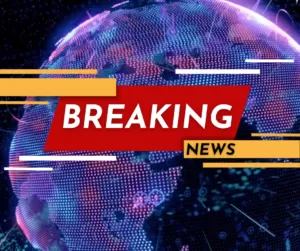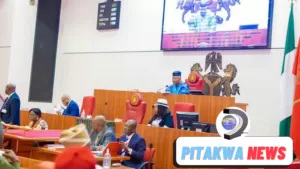Israel Military Says It Has Killed Hezbollah Leader Hassan Nasrallah

As of the latest information available up to September 28, 2024, the Israeli military has claimed that it killed Hezbollah leader Hassan Nasrallah in an airstrike in Beirut. This event is part of ongoing conflicts between Israel and Hezbollah, marked by increased military activities and significant political implications in the region.
- Details of the Strike: The strike targeted what Israel described as Hezbollah’s central headquarters in the Dahieh suburb of Beirut, aiming specifically to eliminate Nasrallah. This operation was part of Israel’s broader military actions against Hezbollah, reflecting heightened tensions and conflict.
- Casualties and Damage: The attack resulted in at least six reported fatalities and over 90 injuries, with the Lebanese health ministry expecting these numbers to rise due to ongoing searches in the rubble. The strike caused considerable physical damage, reducing several civilian apartment buildings to rubble.
- Reactions and Implications:
- Hezbollah’s Response: Following the strike, Hezbollah launched rocket attacks towards northern Israel, indicating an immediate retaliation but stopping short of confirming Nasrallah’s death, which might indicate internal leadership considerations or strategic communication.
- Regional Impact: Nasrallah’s potential killing could significantly affect Hezbollah’s operations and might lead to shifts in power dynamics within Lebanon and across the Middle East, given Hezbollah’s influence and alliances, particularly with Iran.
- International Perspective: The assassination, if confirmed, would mark a major escalation in the Israel-Hezbollah conflict, potentially influencing broader regional stability. Iran’s response, indicating close consultation with allies, suggests a cautious but potentially aggressive stance moving forward.
- Verification Challenges: While Israel has made the claim, as of the latest information, Hezbollah has not confirmed Nasrallah’s death. This discrepancy underscores the need for caution in accepting claims without multiple source confirmations.
This situation illustrates the volatile nature of Middle Eastern politics, where military actions can have profound implications for regional security, international relations, and the balance of power in the area. The aftermath of this event, including potential leadership changes within Hezbollah or shifts in the group’s strategy, remains to be seen as developments unfold.






